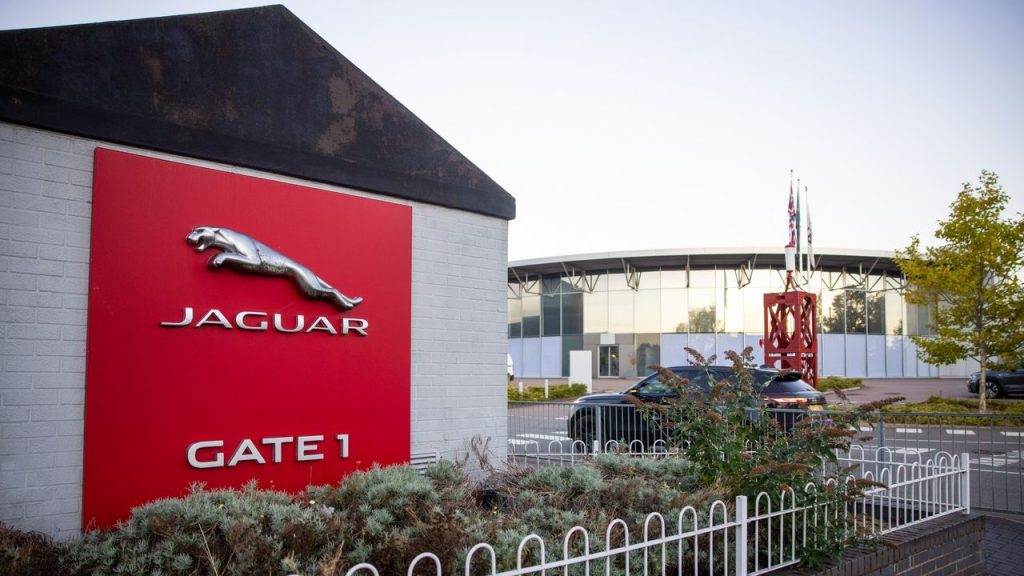It is now more than a month since a devastating cyberattack on Jaguar Land Rover forced the closure of factories in the UK, India, Slovakia and Brazil, said Jasper Jolly in The Guardian. There are finally signs of recovery: the company, which is owned by India’s Tata Group, is preparing for “a very limited restart of production”. Investors seem sanguine about JLR’s ability to ride out the storm: the Indian-listed shares of Tata Motors have “barely been disturbed” by the crisis. But even if an estimated £2.6 billion “cash burn” isn’t existential for JLR, its army of smaller suppliers, employing some 200,000 in Britain, are more exposed.
Many “had little choice but to shut down immediately”, said Sky News. There have been calls for a Covid-style furlough programme to protect workers. Ministers aren’t touching that, but they have given a £1.7 billion export development guarantee that JLR can use to unlock bank loans. The idea is that the cash will trickle down to support the supply chain. Plenty remain sceptical about that.
‘Moral hazard’
Jaguar Land Rover has made British business history, said Ali Lyon in City AM. The loans aren’t exactly a bailout, but this is “the first time that a company has been granted government support to respond to a cyberattack” – sparking fears of setting a “moral hazard” if ministers now feel obliged to prop up every victim. All the more so, since it emerges that JLR had been dragging its heels about taking out cyber insurance.
“It beggars belief that management could have left the company so exposed”, given “paralysing hacks elsewhere”, including at M&S and the Co-op, said Jeremy Warner in The Daily Telegraph. And, now that they’ve been caught napping, it “is not up to the taxpayer to support a profitable private company”. Quite right, said Nils Pratley in The Guardian. Cyberattacks have “become a risk of doing business”. The Treasury cannot be expected to underwrite the costs.
‘Suspected weak link’
The Tata board faces plenty of questions, said The Daily Telegraph – not least the role played by Tata Consultancy Services, a subsidiary whose IT helpdesks are “the suspected weak link” in both the JLR and M&S attacks. Yet, clearly, the Government needs to help. The Tories have floated the idea of a reinsurance scheme to protect British business from what Liam Byrne, of the Commons’ Business and Trade Committee, calls “a cyber shockwave ripping through our industrial heartlands”.
It can’t come soon enough, said Wired. The attack has been claimed by Scattered Lapsus$ Hunters, a collaboration between three English-speaking groups. If youthful hackers can have this impact, imagine what a more coordinated and sustained attack from an enemy power might do.
Should the government do more to protect business from the ‘cyber shockwave’?
